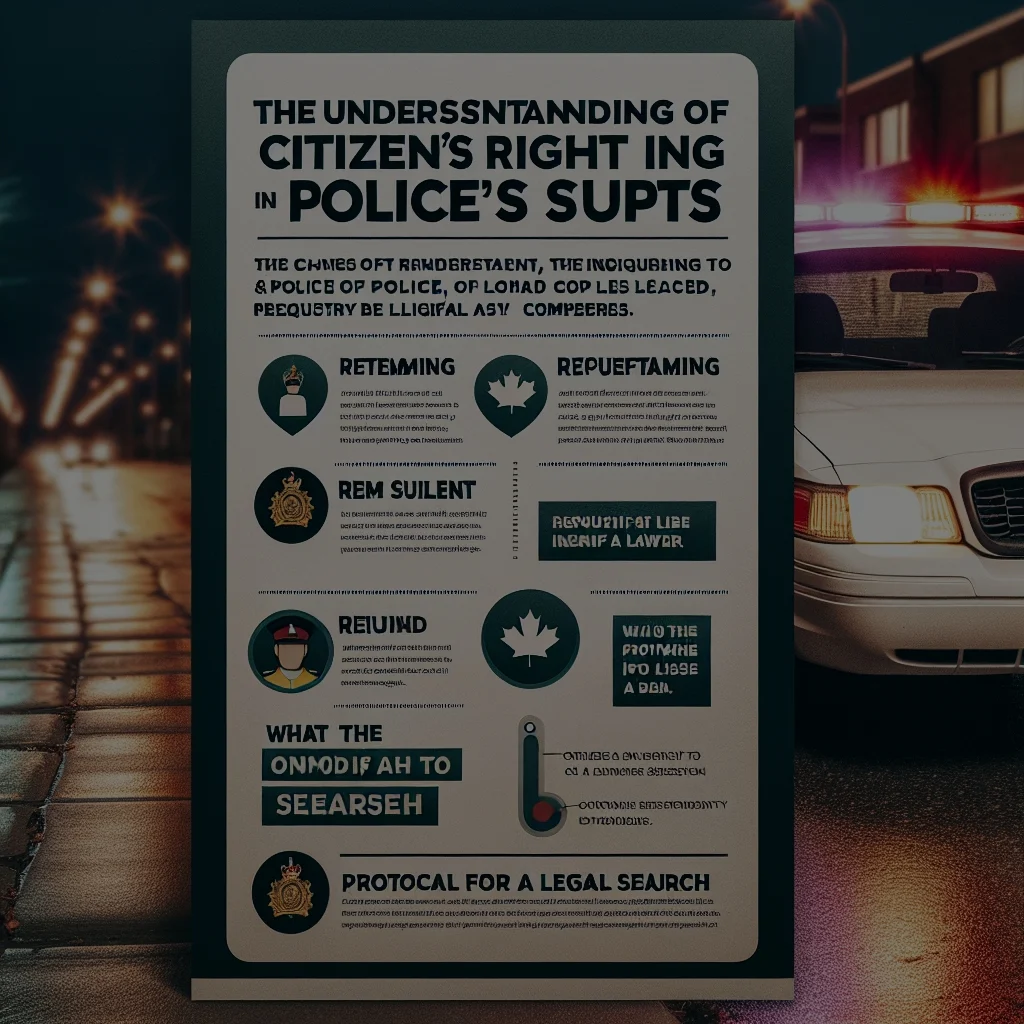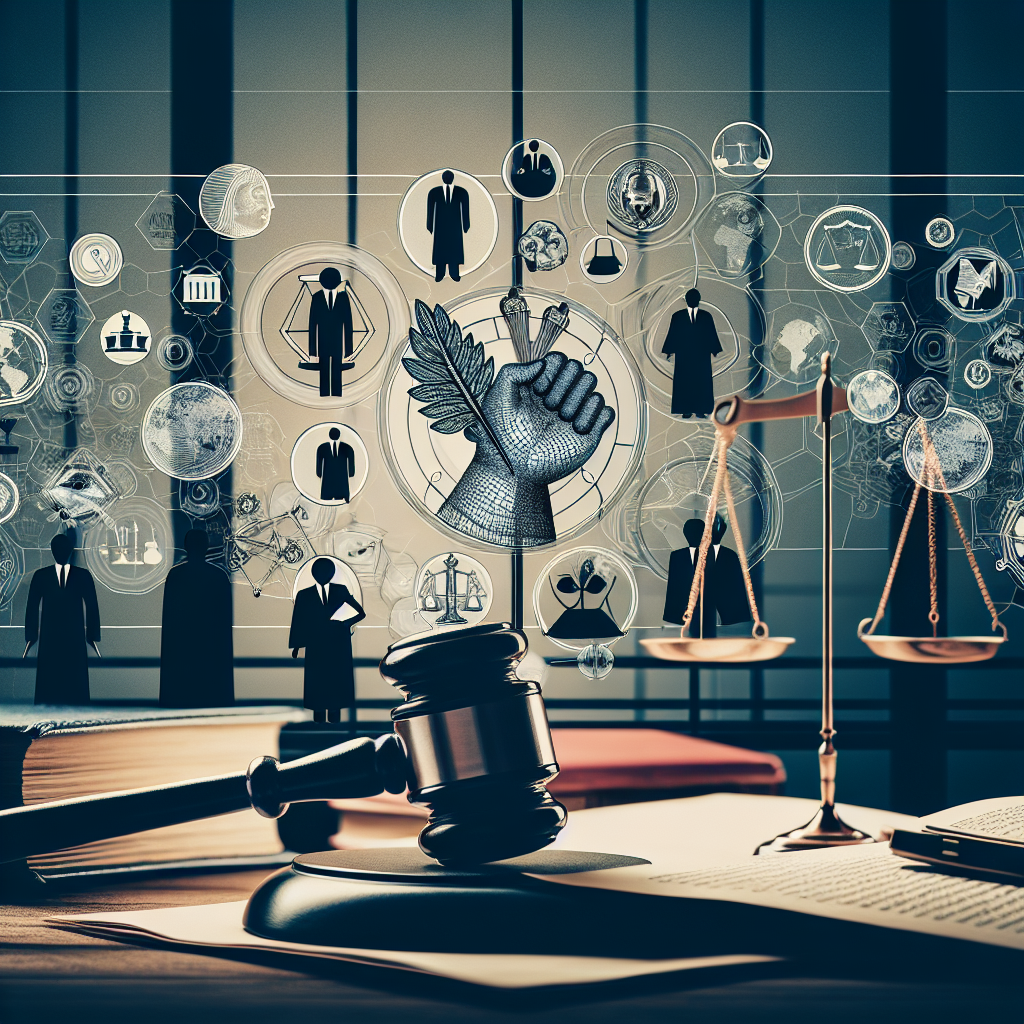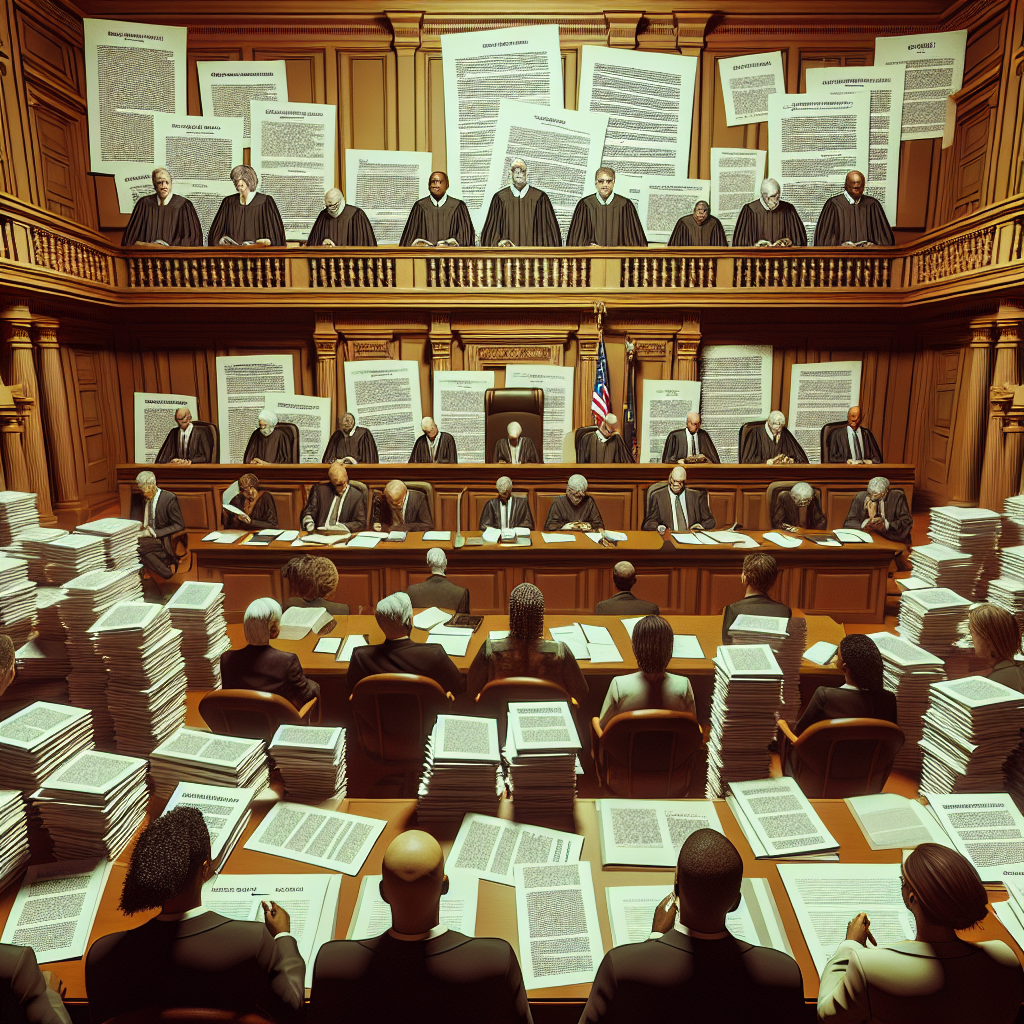Understanding your rights during interactions with law enforcement is crucial for every Canadian citizen. Whether you’re walking down the street, driving in your car, or simply enjoying a day out, knowing how to navigate a police stop can help ensure your safety and protect your legal rights. This article serves as a comprehensive guide to help individuals understand their rights during police encounters in Canada, the expected procedures, and effective ways to respond safely.
Know Your Rights: A Guide to Police Encounters in Canada
In Canada, the Charter of Rights and Freedoms provides fundamental rights that apply during police encounters. Every individual has the right to be informed promptly of the reasons for their detention or arrest, the right to remain silent, and the right to legal counsel. These rights are designed to protect individuals from arbitrary actions by law enforcement and ensure that due process is followed. Understanding these rights can empower citizens to assert themselves during police interactions.
Furthermore, it is essential to recognize that not all interactions with police constitute a stop. If a police officer approaches you for casual conversation or general inquiries, you are not legally obligated to answer their questions. However, if you are being detained or arrested, the situation is different, and you should be aware of what that entails. Always remain calm and composed, as your demeanor can influence the outcome of the encounter.
In addition, it’s important to remember that while you have rights, police officers also have a duty to maintain public safety. Knowing this balance can assist individuals in approaching these situations with a clearer understanding of their legality and the parameters surrounding police authority.
What to Expect: The Process of a Police Stop Explained
When you are pulled over or approached by law enforcement, it is typically to investigate a possible crime or ensure public safety. The police officer may first identify themselves and explain the reason for the stop. Depending on the nature of the situation, they may ask for identification, registration, and proof of insurance if you are in a vehicle. It is important to remain cooperative while also being mindful of your rights.
During a stop, police officers may conduct a search of you or your belongings if they have reasonable grounds to believe that you are carrying something illegal or dangerous. However, they cannot search you without consent, unless they place you under arrest. Understanding the parameters of what constitutes reasonable grounds can help you gauge whether a search is lawful.
Finally, after the initial interaction, the police officer may issue a warning, ticket, or arrest you, depending on the circumstances. If you are arrested, the officer must inform you of the charges against you and your right to legal counsel. Knowing what to expect during a police stop can reduce anxiety and help you navigate the situation more effectively.
Your Rights During a Police Stop: Key Points to Remember
During any police encounter, the most critical rights to remember include your right to remain silent and your right to legal counsel. You do not have to answer questions that may incriminate you, and you can politely indicate that you wish to exercise your right to remain silent. This can be a vital decision that protects you from self-incrimination.
If you are being detained or arrested, you must be informed of the reasons for your arrest and your rights. Ensure that you request legal counsel immediately if you feel your rights are being violated or if you are unsure about the legality of your situation. This is a fundamental right that should not be overlooked, as having a lawyer can provide you with the necessary guidance and protection during complex legal situations.
Lastly, it’s imperative to keep your cool during a police stop. Refrain from arguing with the police officer or escalating the situation. Documenting the encounter—if safe to do so—can also be beneficial. Take note of the officer’s badge number, patrol car number, and any other relevant details that may be important later. These records can serve as valuable evidence if you need to address any grievances or concerns afterward.
How to Respond: Navigating Police Interactions Safely
When interacting with law enforcement, how you respond can significantly impact the outcome of the situation. Always remain calm and polite, regardless of how the officer approaches you. Address the police officer respectfully, and avoid making sudden movements that could be perceived as threatening. Keeping your hands visible and avoiding aggressive posturing can help in de-escalating tensions.
If you are stopped while driving, pull over safely to the side of the road, turn off your engine, and keep your hands on the steering wheel. Wait for the officer to approach you before reaching for your documents, ensuring that you communicate what you are doing to minimize misunderstandings. If the officer asks for identification, it is wise to present your driver’s license and registration without argument.
Finally, if you feel your rights are being violated during the encounter, do not confront the officer on the spot. Instead, comply with their requests and seek legal advice afterward. There are proper channels to address grievances, and handling the situation calmly can help protect you from potential escalation or legal complications in the moment.
Understanding your rights during police encounters in Canada is essential for navigating these situations safely and effectively. By familiarizing yourself with your rights, knowing what to expect during a police stop, and mastering how to respond, you can empower yourself and others in your community. Always remember that knowledge is your best tool, and when in doubt, seek legal counsel to ensure your rights are upheld.
Navigating the Appeal Process: A Guide for Canadian CourtsUnderstanding Impaired Driving Penalties Across CanadaUnderstanding Your Rights When Arrested in CanadaRelevant LinkRelevant LinkRelevant LinkNavigating the Appeal Process: A Guide for Canadian CourtsUnderstanding Impaired Driving Penalties Across CanadaUnderstanding Your Rights When Arrested in CanadaRelevant LinkRelevant LinkRelevant Link



